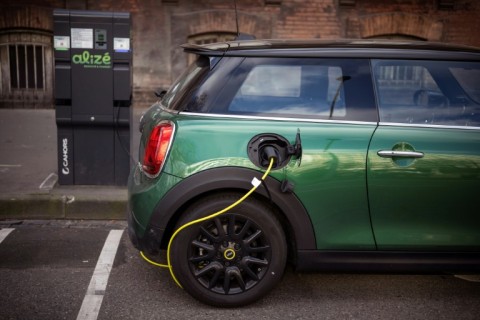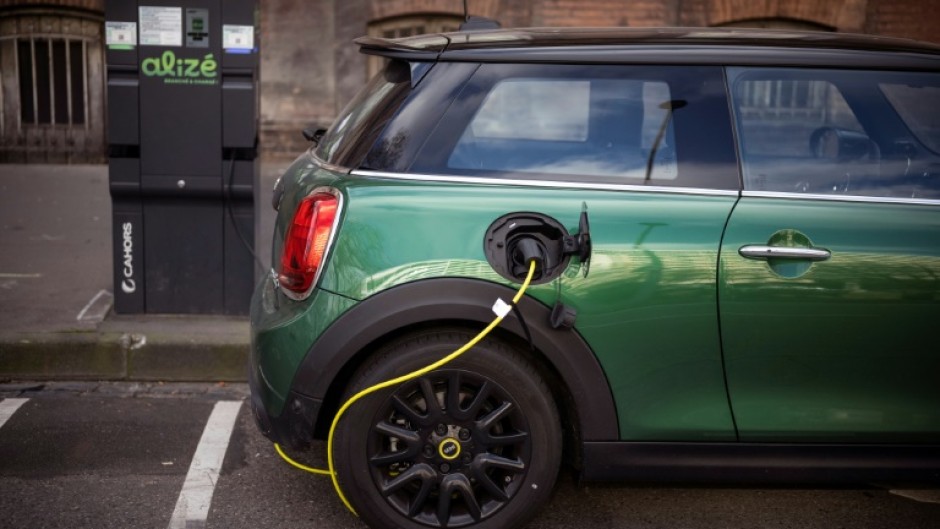
BERLIN - Berlin has upset EU partners by blocking a milestone agreement to ban new sales of fossil fuel cars from 2035, as German domestic politics takes the bloc hostage.
The planned ban is key to Brussels' push to make the bloc climate-neutral by 2050, with net-zero greenhouse gas emissions.
Now, the German chancellor's scramble to keep his coalition together has enraged many in the EU, since the deal had already passed through each stage of the Brussels legislative process -- including approval by member states.
The bloc was due to formally nod it into law on Tuesday but, in an unprecedented manoeuvre, Berlin now says it can not give its agreement.
The European Parliament has already voted to formally approve the text of the bill, which will de facto mean that all new cars sold after 2035 will have to have electric motors.
This means the text can no longer be altered, despite Germany now insisting on further assurances from Brussels that synthetic fuels could still be used in engines after 2035.
The fuel Germany wants an exemption for is still under development and produced using low-carbon electricity.
Some of the world's biggest car manufacturers are based in Germany and synthetic fuels would make it possible to extend the use of combustion engines.
Faced with the unexpected roadblock, the European Commission, the EU's executive arm, said it would "work constructively" with Berlin to get the bill adopted "quickly".
The commission did not say, however, exactly what commitment it could give, since the text already paves the way for the use of synthetic fuels if they are deemed to help achieve the aim of zero carbon emissions.

